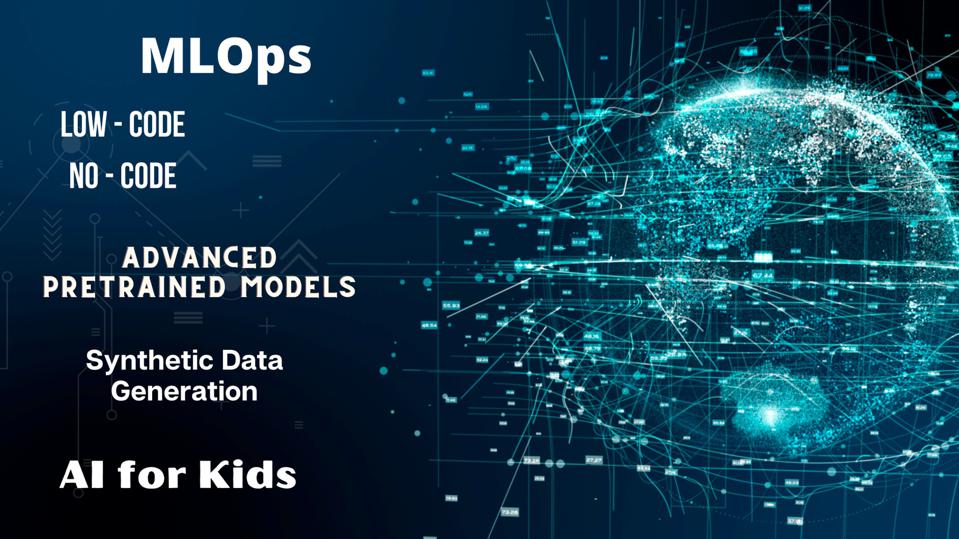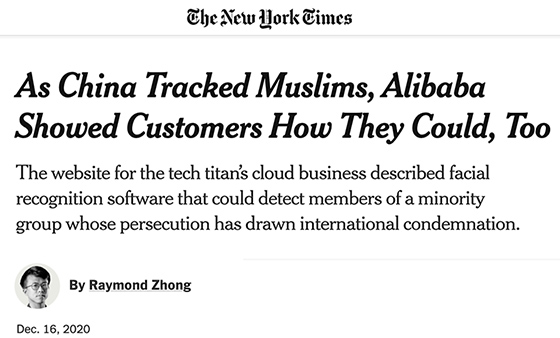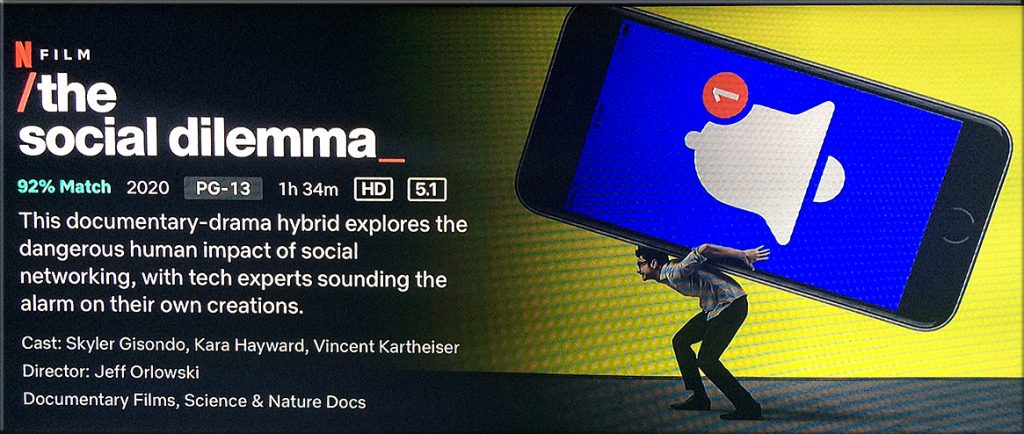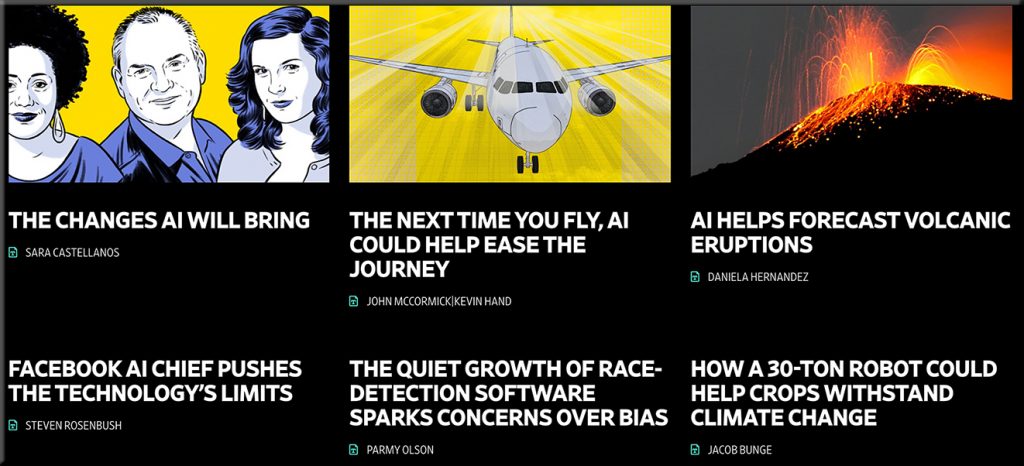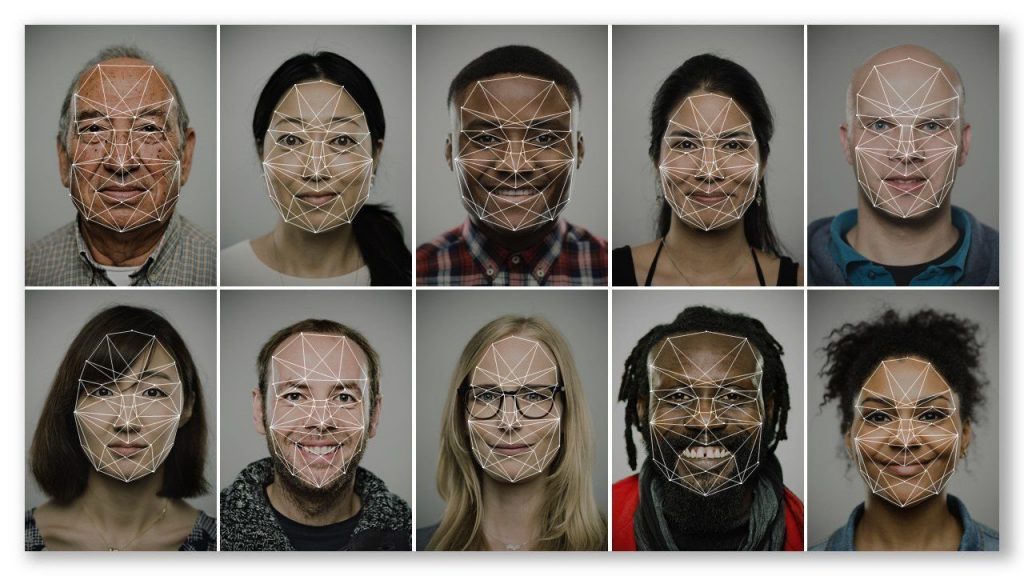How a Discriminatory Algorithm Wrongly Accused Thousands of Families of Fraud — from vice.com by Gabriel Geiger; with thanks to Sam DeBrule for this resource
Dutch tax authorities used algorithms to automate an austere and punitive war on low-level fraud—the results were catastrophic.
Excerpt:
Last month, Prime Minister of the Netherlands Mark Rutte—along with his entire cabinet—resigned after a year and a half of investigations revealed that since 2013, 26,000 innocent families were wrongly accused of social benefits fraud partially due to a discriminatory algorithm.
Forced to pay back money they didn’t owe, many families were driven to financial ruin, and some were torn apart. Others were left with lasting mental health issues; people of color were disproportionately the victims.
On a more positive note, Sam DeBrule (in his Machine Learnings e-newsletter) also notes the following article:
Can artificial intelligence combat wildfires? Sonoma County tests new technology — from latimes.com by Alex Wigglesworth










